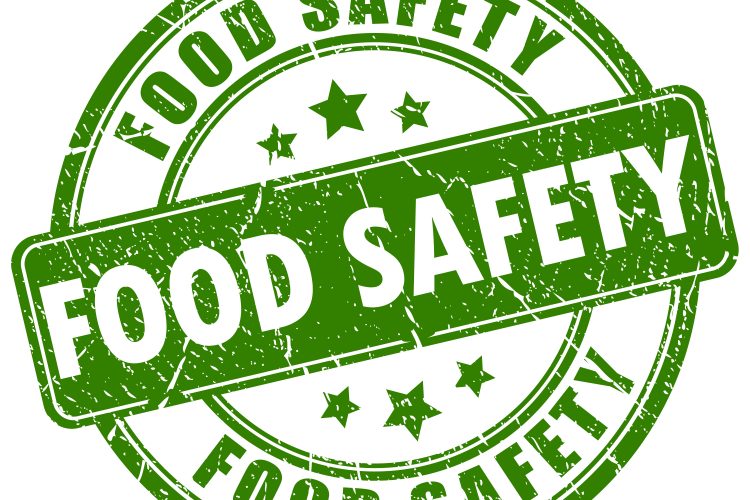FSAI cracks down on illegal food operations
- Like
- Digg
- Del
- Tumblr
- VKontakte
- Buffer
- Love This
- Odnoklassniki
- Meneame
- Blogger
- Amazon
- Yahoo Mail
- Gmail
- AOL
- Newsvine
- HackerNews
- Evernote
- MySpace
- Mail.ru
- Viadeo
- Line
- Comments
- Yummly
- SMS
- Viber
- Telegram
- Subscribe
- Skype
- Facebook Messenger
- Kakao
- LiveJournal
- Yammer
- Edgar
- Fintel
- Mix
- Instapaper
- Copy Link
Posted: 12 June 2020 | Bethan Grylls (New Food) | No comments yet
Chief Executive of the Food Safety Authority of Ireland, expresses concerns over illegal food business operators looking to take advantage in pandemic.


Three Enforcement Orders have been issued on businesses during May for breaches of food safety legislation, pursuant to the Food Safety Authority of Ireland (FSAI) Act, 1998.
Dr Pamela Byrne, Chief Executive of the FSAI, outlined her worries that some illegal food business operators could be seeking to take advantage of consumers who are shopping locally in a bid to support their community during the pandemic. “The Prohibition Orders resulted in over 1,500kg of meat and meat products being seized and destroyed,” she said. “No matter where, how or from whom consumers buy food, it must be safe to eat, produced in an approved or registered food establishment and comply with food law, so that public health is protected.”
The announcement of the Orders was made by FSAI last Monday (8 June 2020) and follows an investigation supported by the HSE Environmental Health and Service and local authority veterinary inspectors.
One Closure Order was issued under the FSAI Act, 1998 on:
- JLM Foods and JLM Family Butchers (Small Meat Manufacturing Plant), Main Street Tyrrellspass, Westmeath
Two Prohibition Orders were served under the FSAI Act, 1998 on:
- JLM Foods and JLM Family Butchers (Small Meat Manufacturing Plant), Main Street Tyrrellspass, Westmeath
- Bruno Cesar Silva Gomes (Retailer), Bailis Manor, Navan, Co Meath
Several incidents of non-compliance with food law were detected, including the operation of an unregistered/unapproved food business from a domestic dwelling; the transport and storage of unrefrigerated meat and meat preparations; inaccurate labelling on food products; and lack of traceability.
Moreover, an establishment being used by one food business operator in Tyrrellspass was not registered or approved by a competent authority for the operations taking place, specifically relating to storage, processing and the national distribution of meat and other products.
Products considered not to be fit for human consumption were also being sold without valid shelf-lives, a lack of labelling and traceability, and undeclared allergens.
“The vast majority of food businesses not only abide by, but also invest in, ensuring that the food they produce and distribute complies with food safety legislation to ensure the protection of consumer health,” said Dr Byrne. “There is also specific legislation governing the declaration of food allergens which can pose a fatal risk to certain segments of our population.
“The Enforcement Orders in May were served for a blatant disregard for compliance with food legislation. We are calling on everyone to be vigilant about food being offered for sale and if they are unsure or suspect there is an unusual activity being demonstrated by a retailer, processor, distributor or from a domestic dwelling, that they can contact us via our online complaint form and we will investigate.”
Details of the food businesses served with Enforcement Orders are published on the FSAI’s website.
Related topics
Allergens, COVID-19, Food Fraud, Food Safety, Regulation & Legislation, retail, Shelf life, Traceability
Related organisations
Bailis Manor, Bruno Cesar Silva Gomes (Retailer), Co Meath, JLM Family Butchers, JLM Foods, Navan









